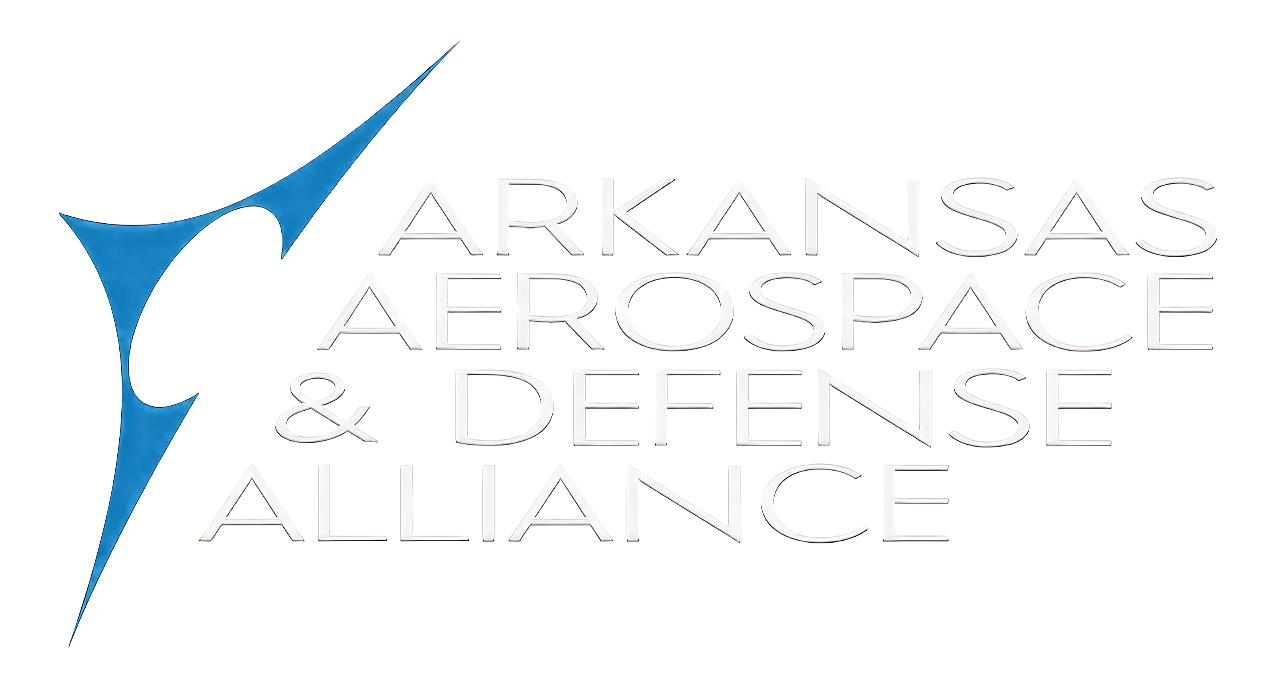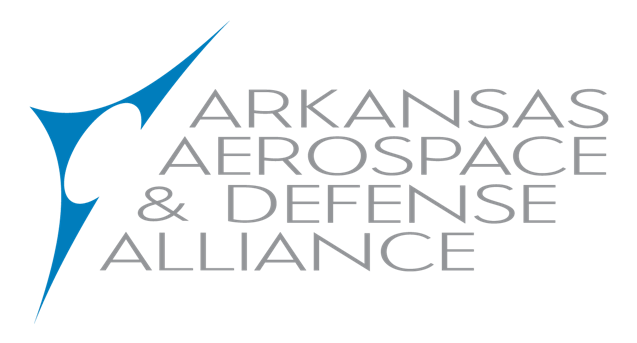Making Arkansas a Destination
Friday, 31 March 2017 10:57 The Arkansas Aerospace and Defense Alliance has been hard at work to attract more aerospace business to Arkansas. During the current and previous legislative sessions, Arkansas has expanded the tax exemption on aircraft maintenance and created a fly-away tax exemption for aircraft sales. Both initiatives have and will spur additional business growth for the industry.
The Arkansas Aerospace and Defense Alliance has been hard at work to attract more aerospace business to Arkansas. During the current and previous legislative sessions, Arkansas has expanded the tax exemption on aircraft maintenance and created a fly-away tax exemption for aircraft sales. Both initiatives have and will spur additional business growth for the industry.
Arkansas has joined several other states in creating a fly- away exemption. Before this legislation passed, the law required Arkansas tax officials to collect sales tax on aircraft transactions occurring in the state. Because of the tax policy, aircraft owners would take aircraft to nearby states where no tax was required to be collected. As a result, work commonly performed when a plane is sold would occur in a state like Tennessee or Kentucky. Arkansas Aerospace companies were losing out.
During the 2015 General Assembly, the Arkansas Legislature passed legislation sponsored by Rep. Joe Jett (R-Success) and Sen. Jake Files (R- Fort Smith) to expand the class of aircraft qualifying for the sales and use tax exemption on aircraft maintenance. In addition, the legislation created Arkansas’s first fly- away exemption for aircraft sales where the seller and buyer are both out- of-state. During the current legislative session, the AADA worked with Rep. Joe Jett again to pass legislation that expanded the fly- away exemption to cover sales transactions on most business aircraft, regardless of where the seller resides. With this additional tool, Arkansas companies can sell business aircraft, above 9,500 lbs. gross takeoff weight, right here in Arkansas. In turn, the buyer of that aircraft will be more likely to have necessary maintenance work completed at one of the high-quality facilities located in Arkansas.
Steven Hadley, the National Business Aviation Association’s regional representative for the Southwest, is someone who understands the opportunities Arkansas was missing. “This bill helps companies in Arkansas that maintain and service aircraft,” said Hadley. “Passing this bill shows how Arkansas recognizes the importance of Aviation to its citizens in terms of jobs and economic activity.”
AADA identified a need for this policy change because its membership recognized the business that Arkansas was losing to other states. Carl Finch with Air Resource Group, is one of those Alliance members who helped develop this policy here in Arkansas. “This legislation will allow Arkansas’s growing corporate aviation sector to compete more effectively in national and world markets, to add jobs and capital investments by attracting more aircraft sales and maintenance customers to Arkansas, and doing so without a reduction of tax revenue to the state,” said Finch.
Keith Rose, CEO of Rose Aircraft is another member of the Alliance that understands the impact this legislation will have on promoting Arkansas as an Aerospace State. “This policy change will greatly enhance our ability to attract corporate aviation operators to Arkansas for maintenance and refurbishing services, and will add revenues and jobs to our local economy,” said Rose.
The aerospace and defense sectors are highly competitive and states throughout the country have taken measures to alter tax policy to support growth in the industry. A cornerstone of AADA’s mission is to create growth opportunities for existing aerospace and defense companies in Arkansas. This legislation further supports that mission by creating a more business-friendly environment, creating additional work for Arkansas companies.


